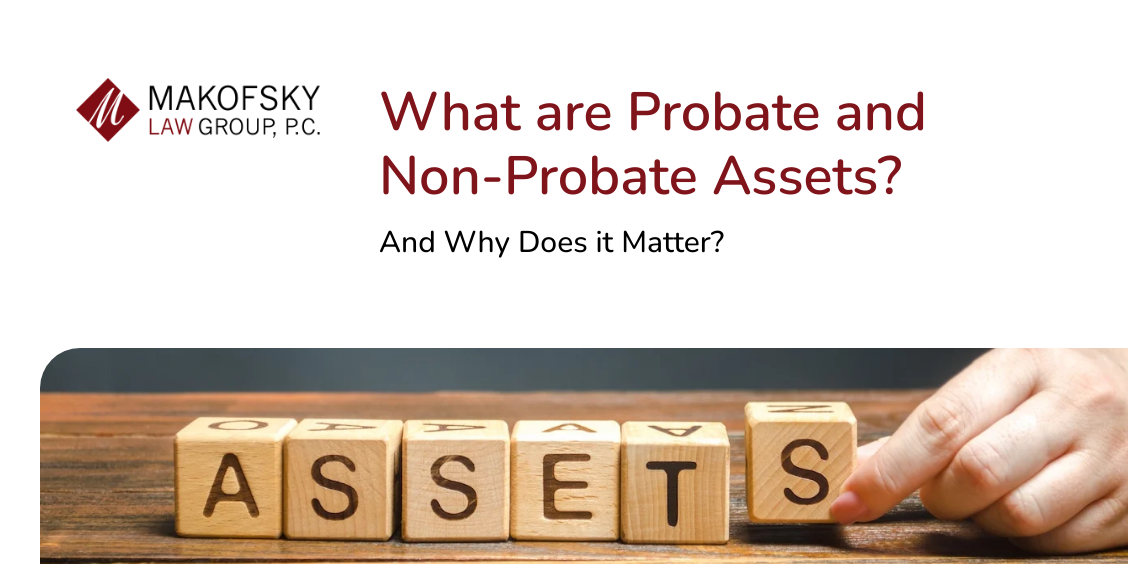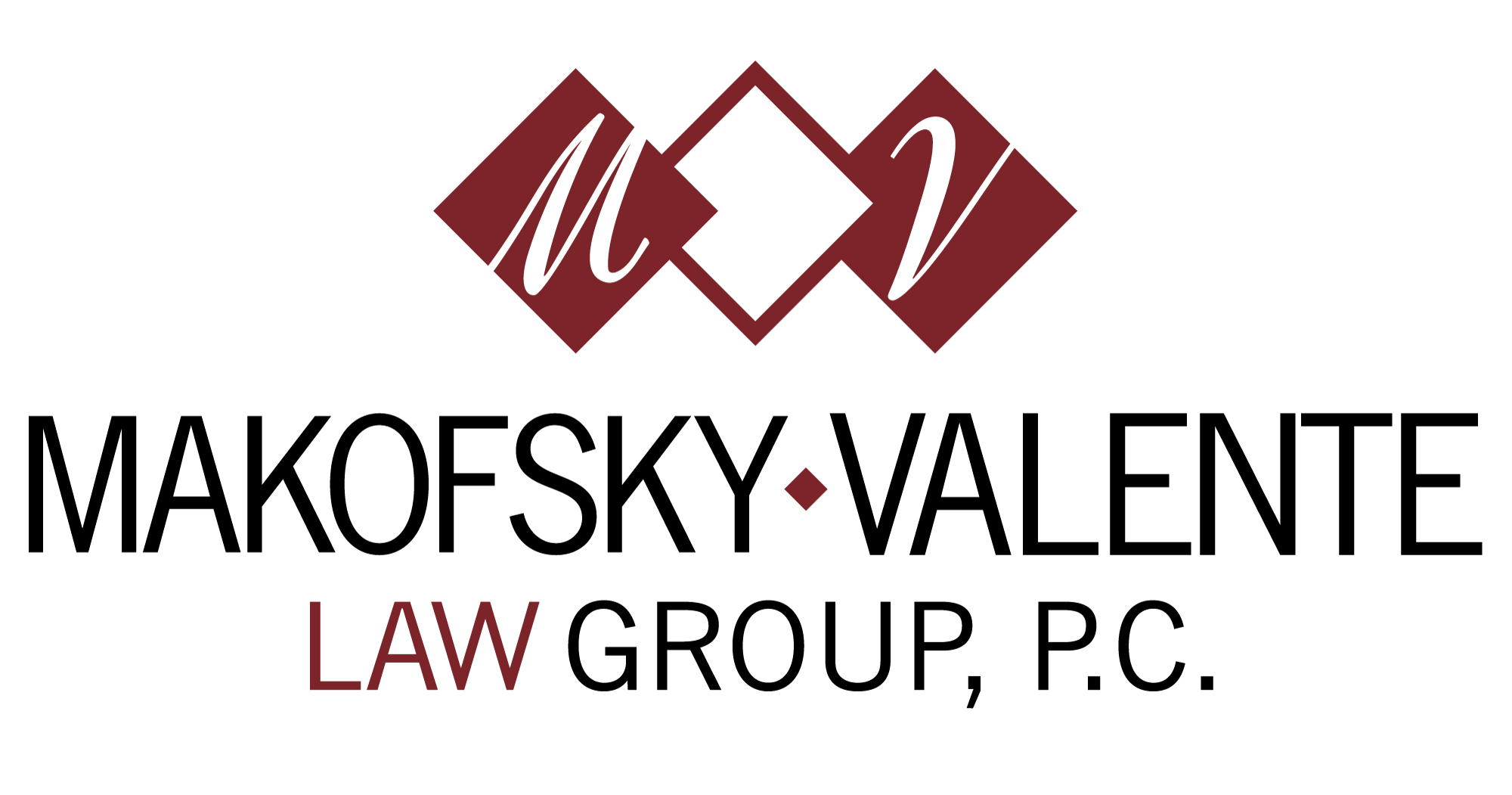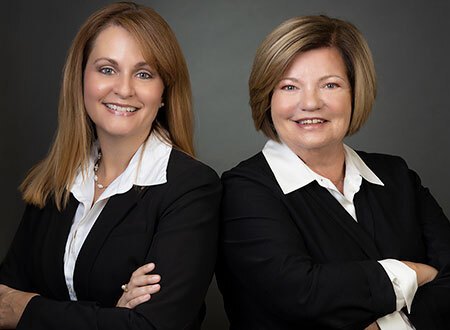
Without fail, the term “probate” always comes up in a conversation about a deceased person’s estate. In a previous blog, we discussed what probate is. But when we dig deeper into a deceased individual’s finances and examine their assets, we often discover that there are “probate” assets and “non-probate” assets – what is the difference?
Probate assets are the assets that an individual dies owning that have no surviving joint owner or named beneficiary and thus have no advance direction as to who should inherit these assets. When this situation arises, we look to the deceased individual’s Last Will and Testament for directions as to who inherits such assets. The Executor in the Will has the responsibility to collect these assets into the “estate” of the deceased individual, and ultimately distribute the estate assets according to the directions in the Will (see blog about how to choose the right Executor). However, none of that can occur until the Will has been admitted to probate. (Also, check out our previous blog about how long probate takes).
Non-probate assets are the assets of a deceased individual that will pass to others via some means other than through the deceased person’s Last Will and Testament. For instance, the owner of a life insurance policy or an IRA (individual retirement account) might have designated a beneficiary to receive these assets upon death and therefore these assets will pass by operation of law (without the need for probate) to the beneficiary. Another example of non-probate assets are joint accounts with the right of survivorship. With these joint accounts, the survivor automatically inherits the entire account when one joint account owner dies. Lastly, living trust assets are typically non-probate assets. The trust assets will be distributed according to the terms of the trust (and not the deceased person’s Will) and usually do not require the review or scrutiny of a court.
 Important Tax Note: For estate tax purposes, both probate and non-probate assets are counted as part of a deceased individual’s gross taxable estate so be aware that every asset, no matter how it is passed on, must be counted for estate tax purposes!
Important Tax Note: For estate tax purposes, both probate and non-probate assets are counted as part of a deceased individual’s gross taxable estate so be aware that every asset, no matter how it is passed on, must be counted for estate tax purposes!
Many individuals’ estates include a blend of probate and non-probate assets. Some clients feel strongly about wanting their estates to avoid probate at death. Stay tuned for our next blog in this series in which we will discuss ways to avoid probate.
Questions about estate planning? Feel free to contact our office to schedule an appointment to meet with one of our experienced and knowledgeable attorneys. We would be happy to help you. At Makofsky Valente Law Group, P.C. we are here to help with all of your estate planning and other legal issues. We are only an email or phone call away!
The information provided herein does not, and is not intended to, constitute legal advice; instead, all information, content, and materials available here are for general informational purposes only.


